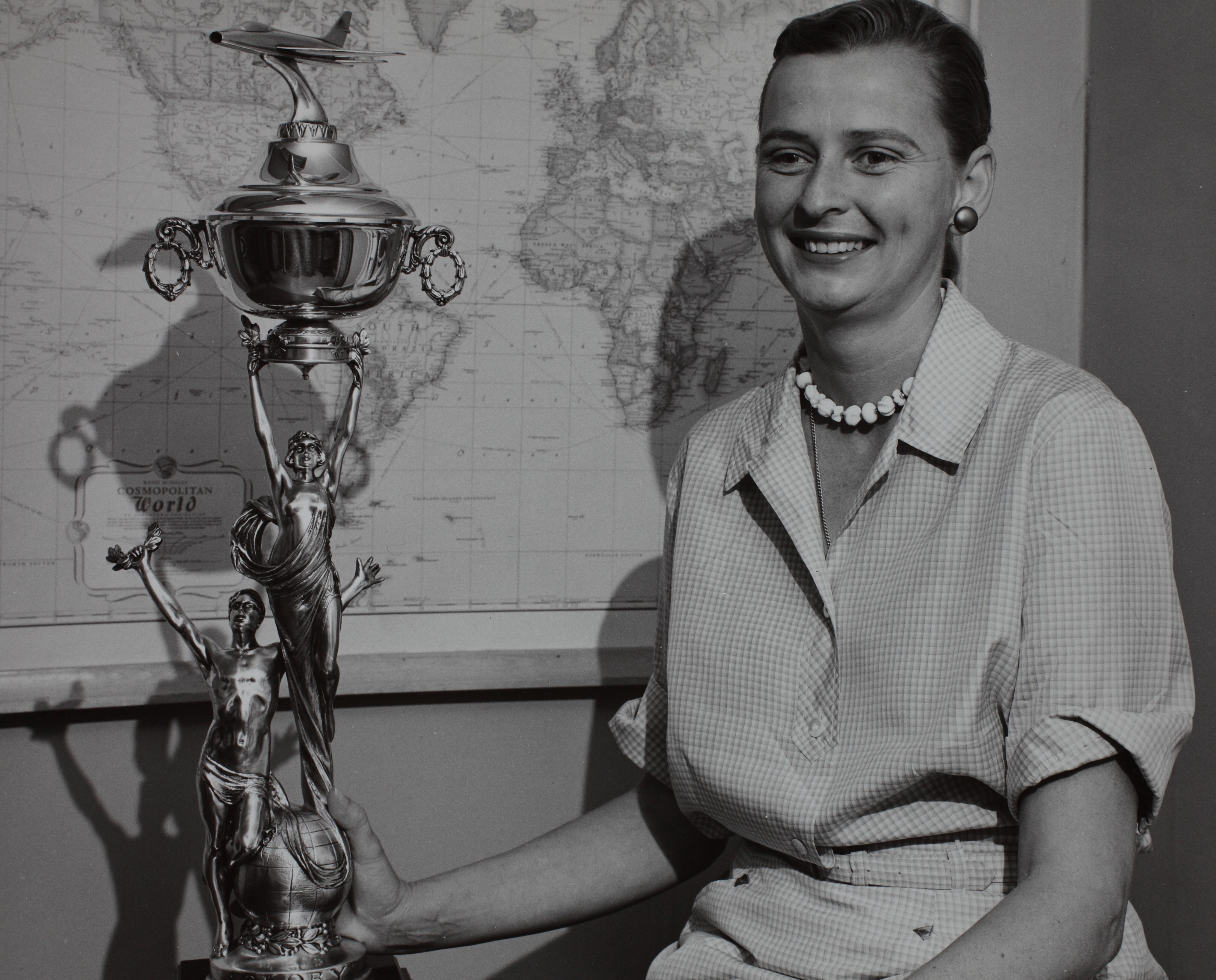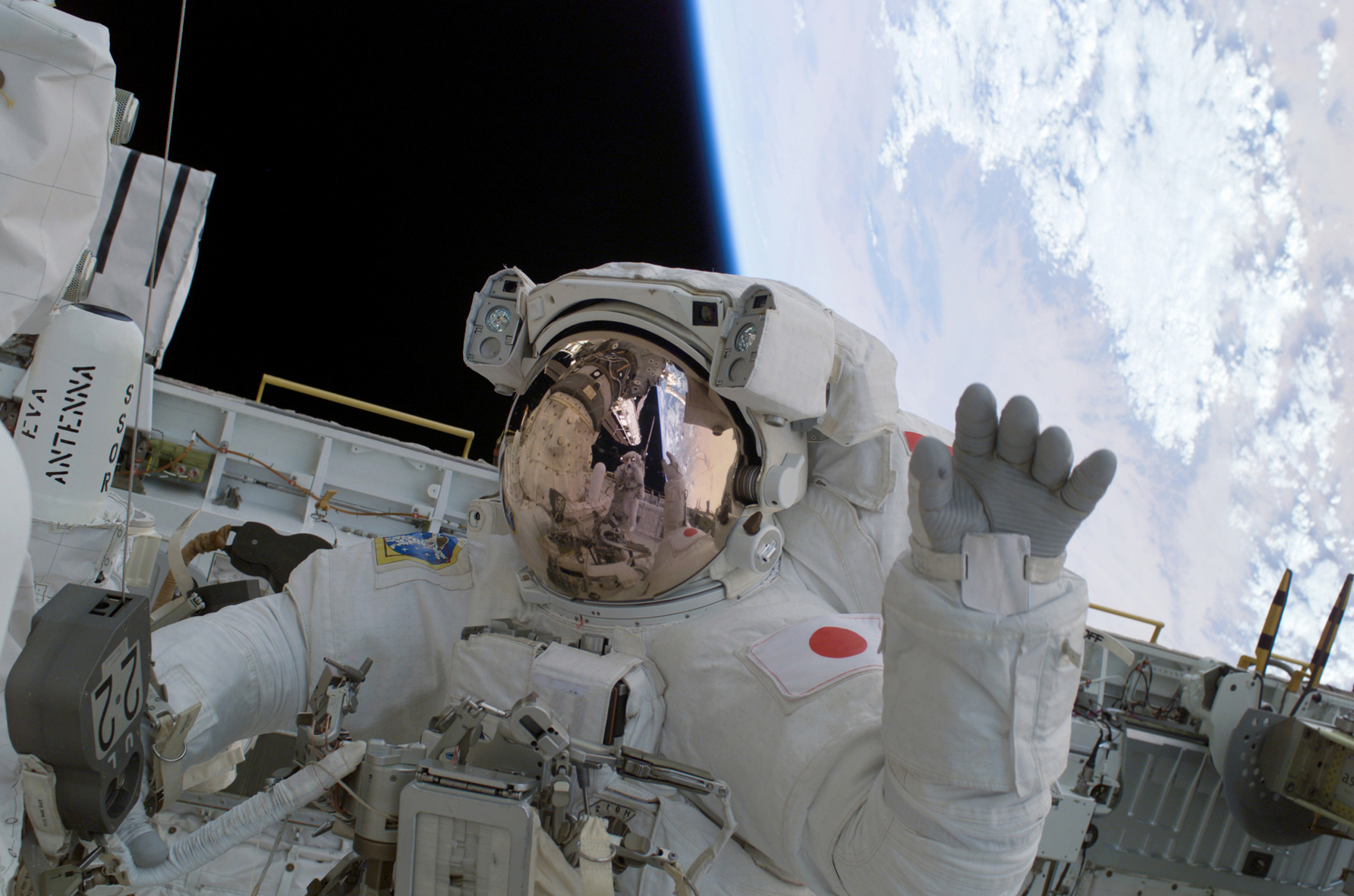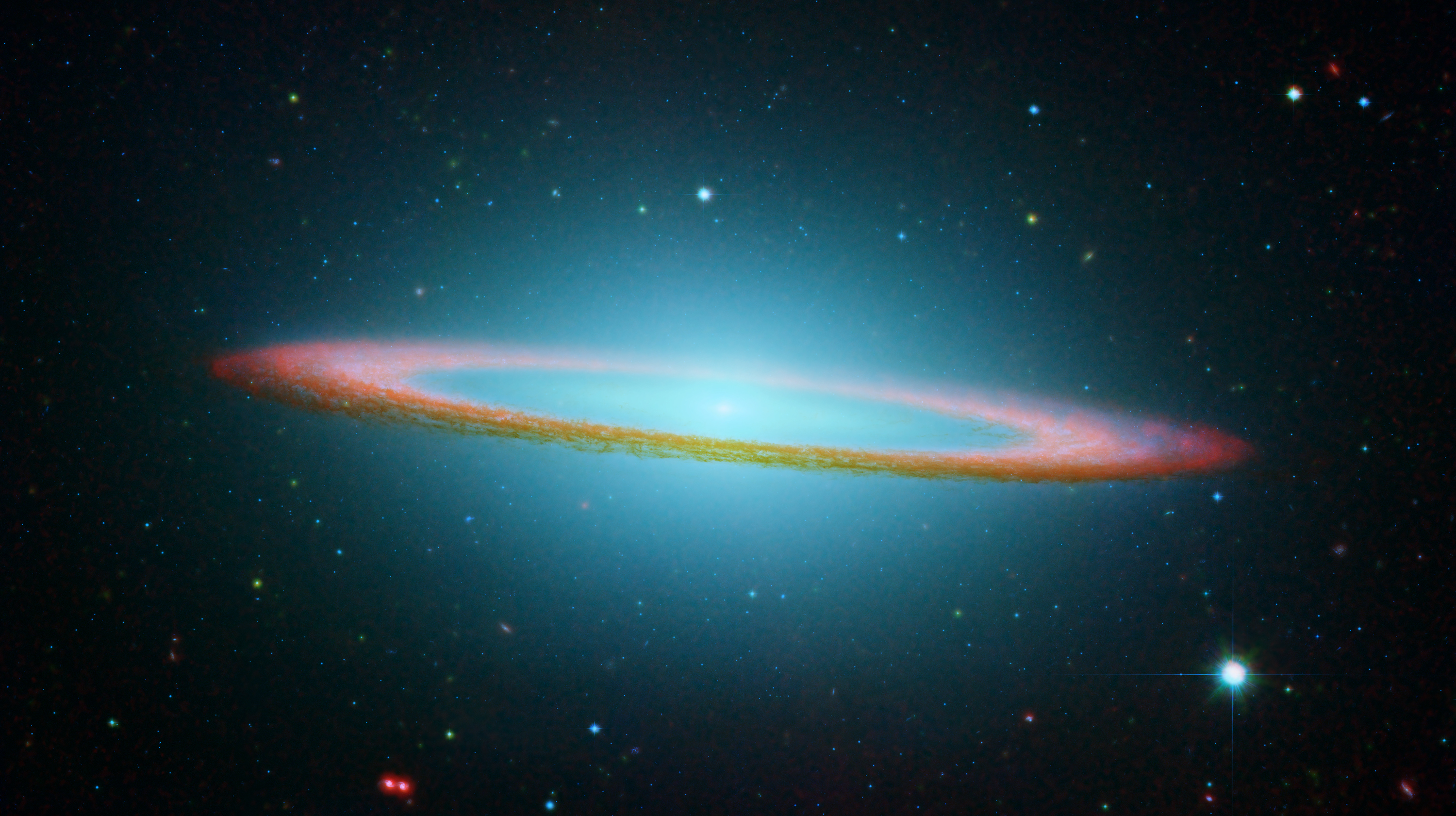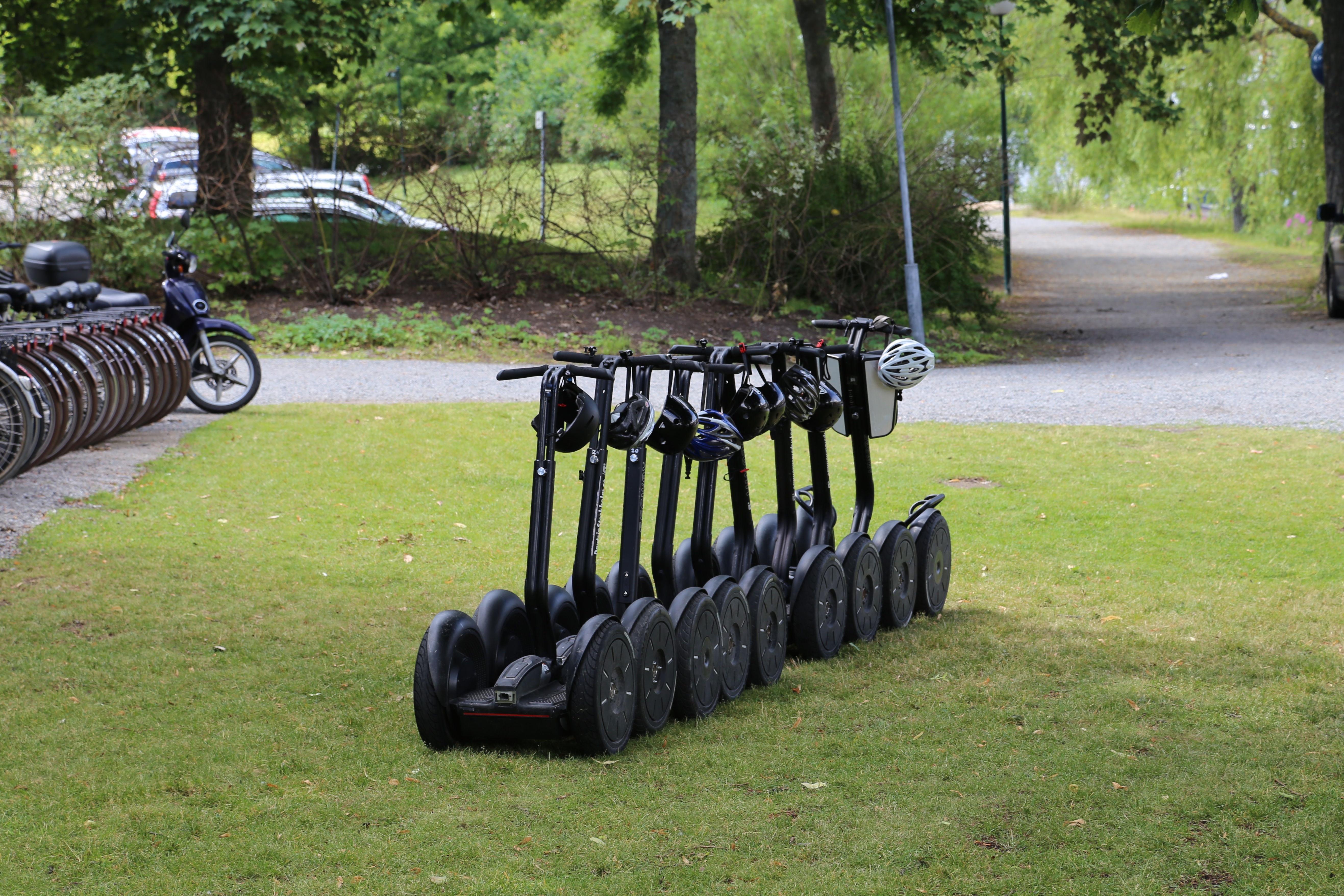The Pioneering Impact that Transformed Our Perception of the Cosmos
The cosmos, a boundless frontier that has captivated human curiosity for centuries. From ancient astronomers to modern scientists, the quest to understand and explore the universe has been a constant pursuit. This journey, filled with groundbreaking discoveries and technological advancements, has transformed our perception of the cosmos. This article, "Reaching for the Heavens: A Riveting Revelation of 18 Milestone Space Missions and Their Pioneering Impact," takes a deep dive into these milestone missions that have reshaped our understanding of space. Each mission, a testament to human ingenuity and resilience, has furthered our reach into the cosmos, bringing us closer to answering the age-old question: Are we alone?
Sputnik 1: The Dawn of Space Age
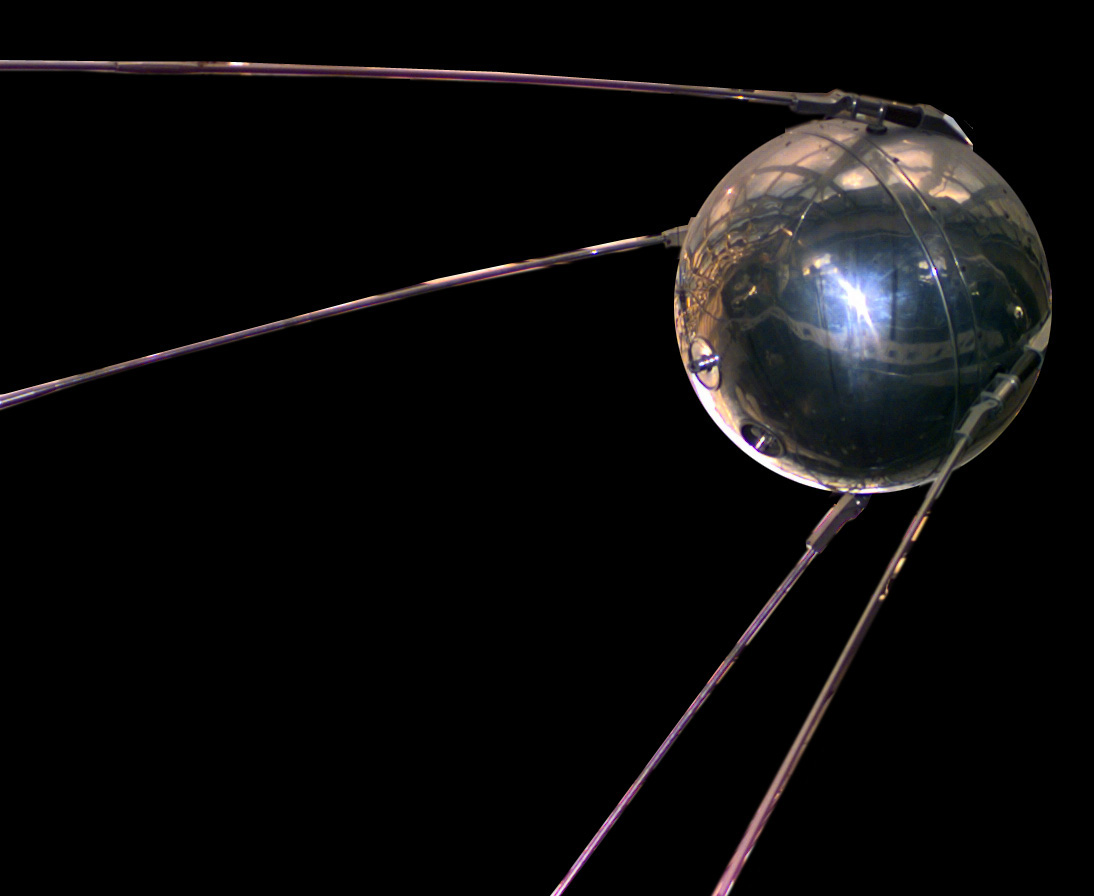
Launched by the Soviet Union on October 4, 1957, Sputnik 1 was the first artificial Earth satellite. Its launch marked the beginning of the space age, igniting a fierce competition between the superpowers of the era. The mission demonstrated the feasibility of launching spacecraft into orbit and sparked a global interest in space exploration. Despite its simplicity, Sputnik 1's impact was profound, transforming the way we look at the cosmos and our place within it.
Luna 2: First to Reach the Moon
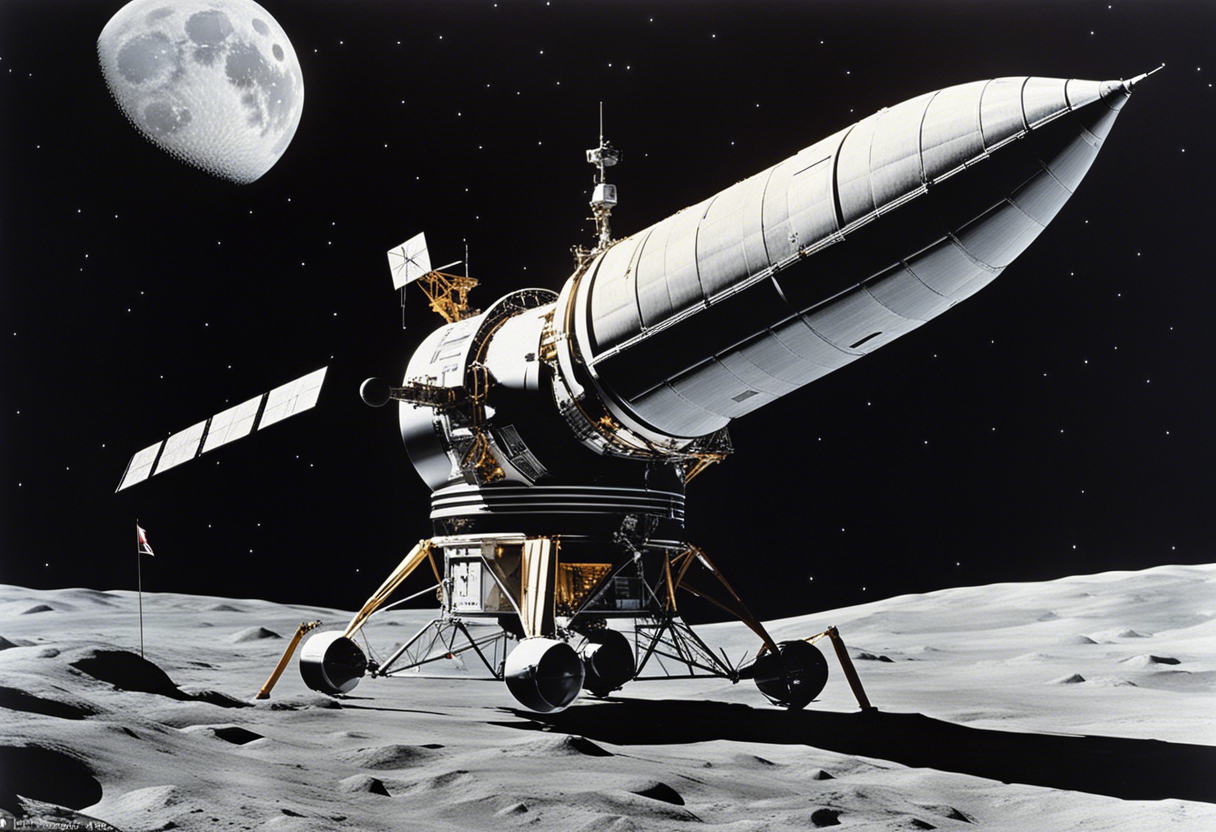
The Luna 2 mission, launched by the USSR in 1959, was the first human-made object to reach the Moon. Its successful impact on the lunar surface marked an essential milestone in space exploration. The mission's success demonstrated that human-made objects could survive the journey through space and reach other celestial bodies, opening up new possibilities for future exploration.
Yuri Gagarin: First Man in Space
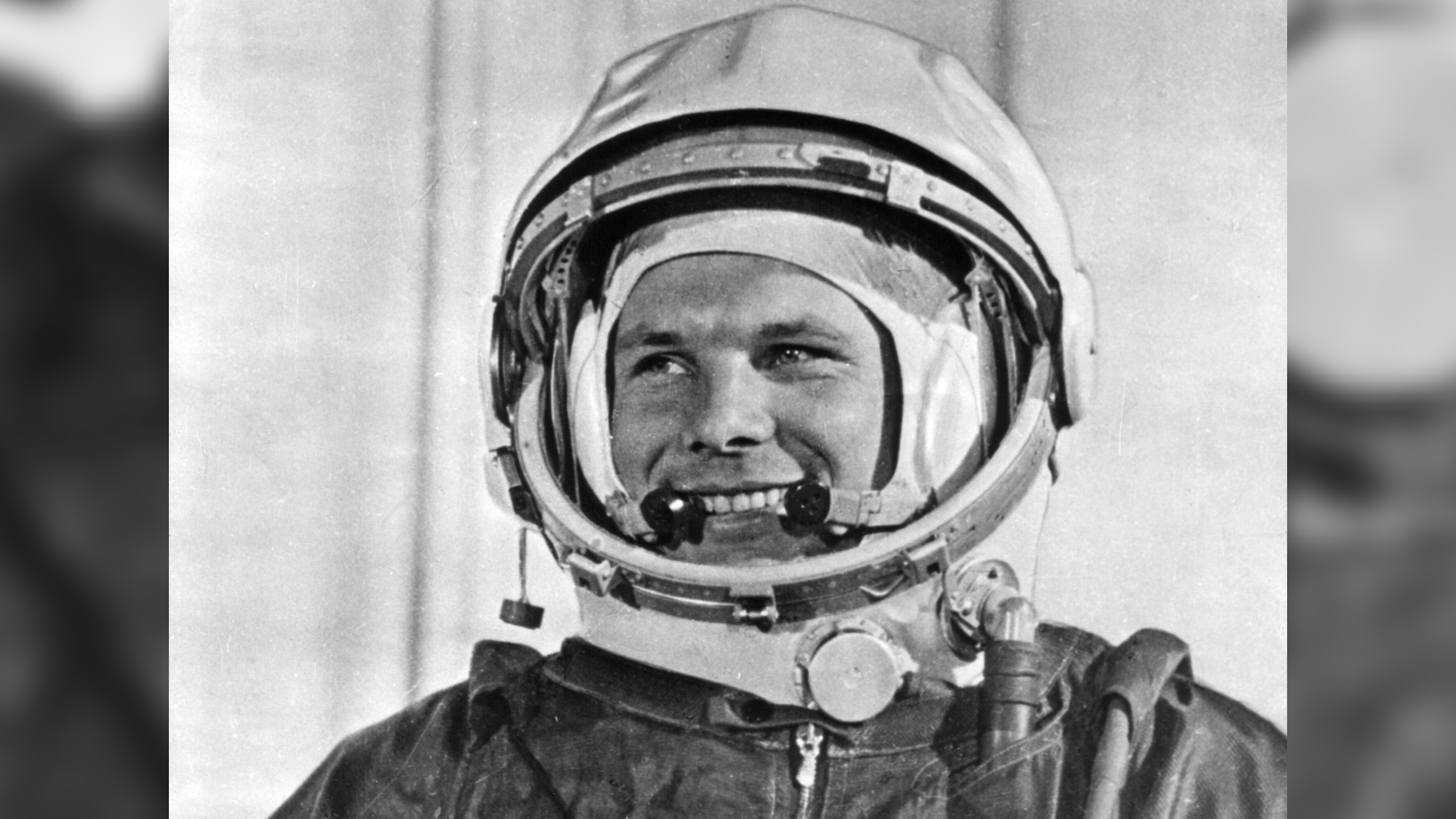
On April 12, 1961, Yuri Gagarin became the first human to orbit Earth. His 108-minute journey aboard Vostok 1 was a significant achievement in the space race. Gagarin's mission demonstrated the possibility of human spaceflight, inspiring generations of astronauts and space enthusiasts. His journey transformed our perception of the cosmos, proving that humans could survive in space.
Mariner 2: Venus Flyby
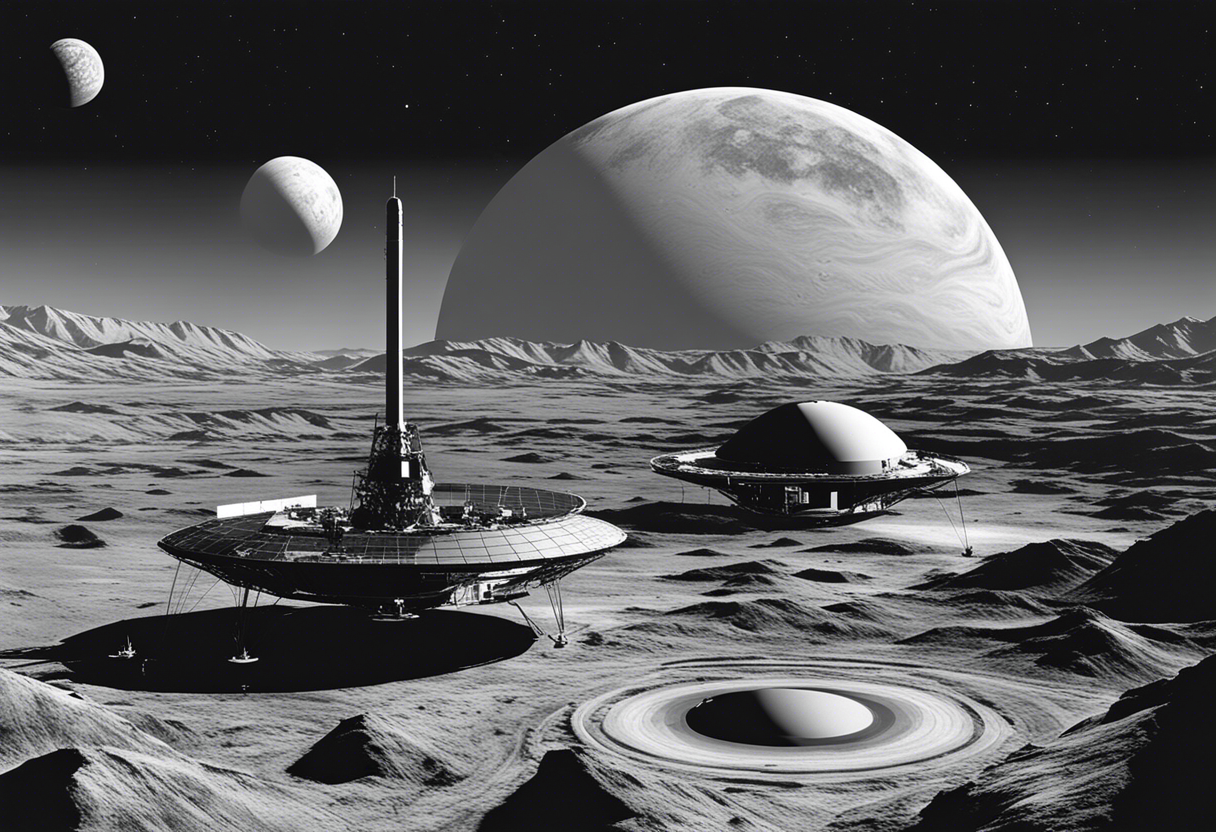
In 1962, NASA's Mariner 2 became the first successful mission to another planet. The spacecraft completed a flyby of Venus, collecting valuable data about its atmosphere and surface. Mariner 2's mission demonstrated the feasibility of interplanetary exploration, opening the door for future missions to other planets.
Apollo 11: First Moon Landing
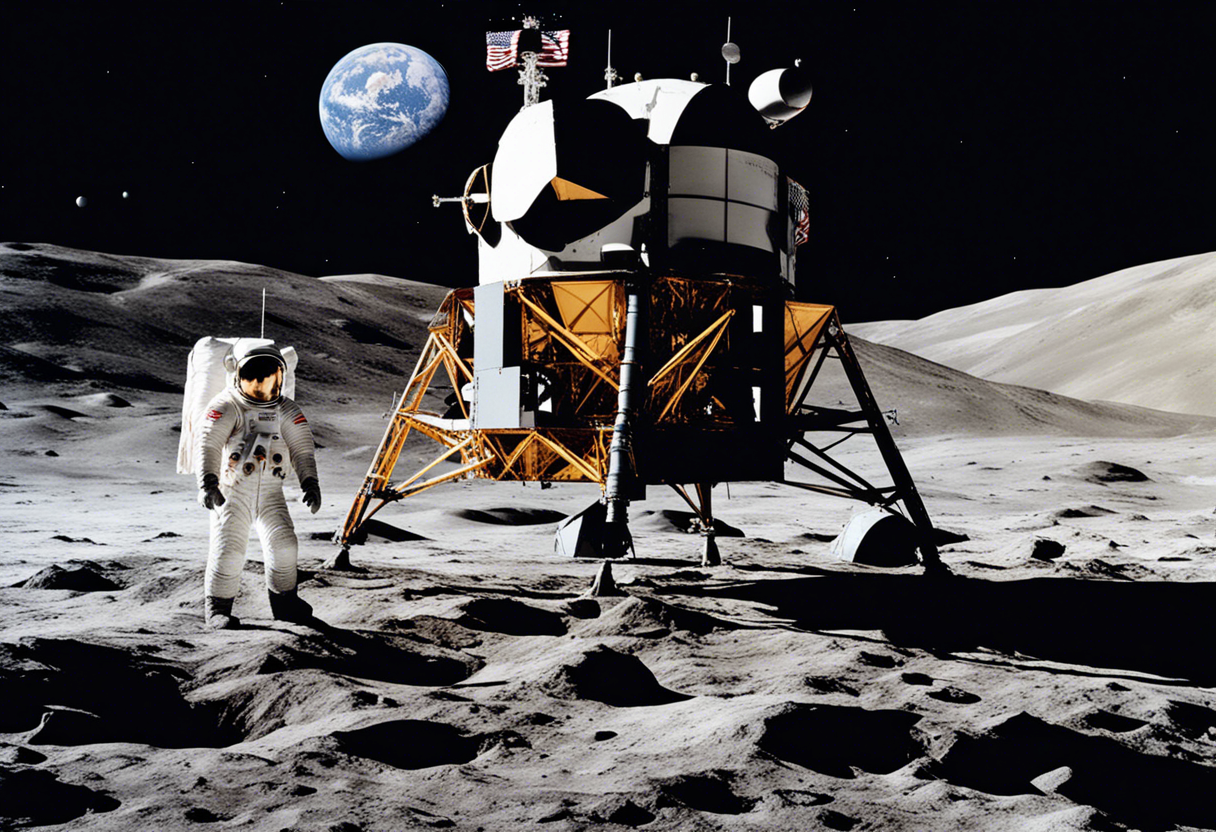
On July 20, 1969, Apollo 11 astronauts Neil Armstrong and Buzz Aldrin became the first humans to set foot on the Moon. Their mission marked a significant milestone in human history, demonstrating the feasibility of manned lunar exploration. The Apollo 11 mission transformed our perception of the Moon, proving that it was no longer an unreachable celestial body, but a destination within our grasp.
From the first satellite to the first black hole image, these 18 milestone space missions have transformed our perception of the cosmos. Each mission, a testament to human ingenuity and resilience, has expanded our understanding of the universe, bringing us closer to answering the age-old question: Are we alone? As we continue to reach for the heavens, who knows what other mysteries we will uncover. The cosmos, once a realm of myth and speculation, is now a frontier of discovery and exploration, thanks to these pioneering missions.



